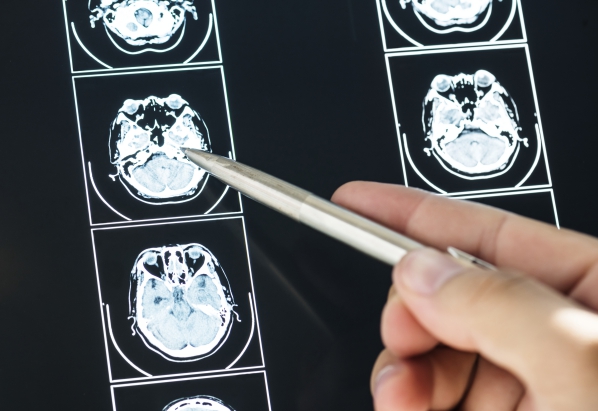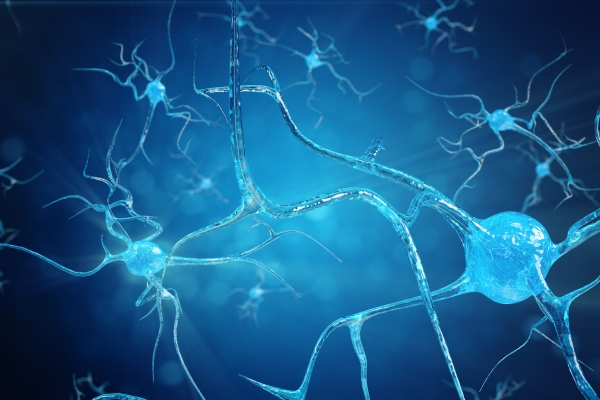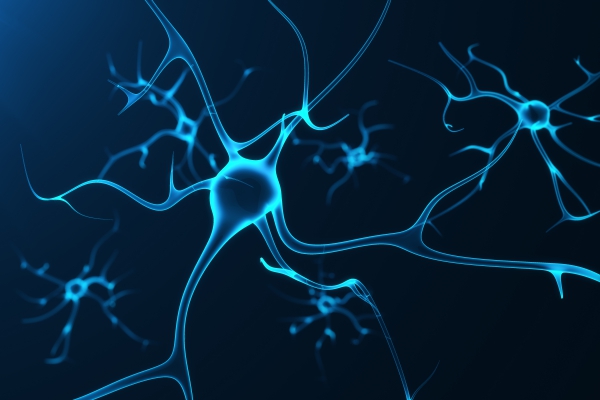What is Huntington disease?
Huntington disease is a rare, incurable and inherited disorder that causes progressive degeneration of nerve cells in the brain. It is an autosomal dominant disorder- this means that inheriting only one defective gene from either parents will result in signs and symptoms of the disorder. This disorder affects your thinking capabilities, movements, functional abilities and usually results in psychiatric disorders.
In the United States, the frequency (prevalence) of Huntington disease is 4.1-8.4 per 100,000 citizens. The mean age at onset ranges from 35-44 years. In addition, if the condition appears before 20 years old, the disorder is then known as juvenile Huntington disease. Unfortunately, juvenile Huntington disease tends to progress faster.
There are medications that are available to help relieve the signs and symptoms of Huntington disease. However, the treatment options available cannot stop the progression of the disorder and therefore there will be physical, mental and behavioural decline over time.
What are the causes of Huntington disease?
Huntington disease is an autosomal dominant disorder which means that inheriting only one defective gene from either parents will result in signs and symptoms of the disorder. Usually, everyone inherits 2 copies of every gene- one from each parent- except for the genes on the sex chromosomes. Taking into consideration that this disorder is an autosomal dominant one, any child of a parent with the disorder has a 50% chance of inheriting the defective gene and therefore develop the disorder.

What are the signs and symptoms of Huntington disease?
Huntington disease causes cognitive, movement and psychiatric disorders. However, the first symptoms to appear greatly varies from person to person.
Cognitive disorders
The cognitive impairments caused by Huntington disease include:
- Difficulty focusing on tasks.
- Acting without thinking.
- Difficulty in organizing tasks.
- Tendency to get stuck on a thought.
- Difficulty in finding words when expressing oneself.
- Difficulty in learning new words.
- Lack of awareness of one’s own abilities or behaviours.
- Slowness in processing thoughts.
Movement disorders
The movement impairment caused by Huntington disease include:
- Involuntary jerking which is also known as chorea.
- Abnormal eye movements.
- Difficulty in swallowing.
- Muscle rigidity.
- Problems with speech.
- Muscle contracture.
These problems often affects the person’s ability to perform daily activities, work, communicate or remain independent.
Psychiatric disorders
The psychiatric impairments or disorders associated with Huntington disease include:
- Depression.
- Difficulty sleeping (insomnia).
- Social withdrawal.
- Loss of energy.
- Frequent thoughts of suicide, dying or death.
 Sadness.
Sadness.- Irritability.
- Mania which causes an elevated mood, impulsive behaviour, overactivity and exaggerated self-esteem.
- Bipolar disorder which is a condition alternating between episodes of mania and depression.
- Obsessive-compulsive disorder (OCD) which is a condition characterized by recurrent, intrusive thoughts (obsessions) and repetitive behaviours (compulsions).

Making a diagnosis
To make a diagnosis, your doctor will first take a detailed history from you to know more about your symptoms. After the history taking your doctor will perform a thorough physical, psychiatric, neurological and neuropsychological examination to look for signs of Huntington disease. During the neurological examination, your doctor will test for your reflexes, muscle strength, balance, and sense of touch, vision and hearing. During the neuropsychological examination, your doctor will test for your memory, reasoning and language skills amongst others. During the psychiatric examination, your doctor will assess your emotional state, quality of judgement, coping skills and signs of disordered thinking amongst others.
Your doctor may order a Magnetic Resonance Imaging (MRI) scan and Computed Tomography (CT) scan of the brain to look for certain brain abnormalities that may be associated with Huntington disease. In addition, these scans can rule out other disease which may present similarly to Huntington disease.
What are the treatments of Huntington disease?

Unfortunately, there is no treatment that can reverse or alter the course of Huntington disease. However, there are certain medications which can relieve the symptoms of movement and psychiatric disorders.
The drugs used to treat and control movement include tetrabenazine, antipsychotic drugs and other drugs such as amantadine, clonazepam and levetiracetam. Tetrabenazine is a drug which suppress involuntary jerking movements, also known as chorea. Antipsychotic drugs are used as their side effect is suppression of movements. An example is haloperidol.
Medications that are used to treat psychiatric disorders include anti-depressants, antipsychotic drugs and mood stabilizing drugs. Examples of anti-depressants include citalopram and fluoxetine. Antipsychotic drugs are used to suppress violent outbursts, agitation, psychosis and mood disorders. Examples of mood stabilizing drugs include lamotrigine and carbamazepine.
In addition to medications, our doctor may advise you to undergo psychotherapy whereby you will learn how to develop coping strategies, control behavioural problems and facilitate communication among family members. As Huntington disease can significantly affect the control of muscles of the mouth and throat, a speech therapist can help you to improve your speech and swallowing capabilities. Furthermore, a physical therapist can help you to strengthen your muscles and improve your balance, flexibility and coordination. An occupational therapist can help by advising you to put handrails in your home as well as assistive devices to help you with bathing and dressing.
What are the complications of Huntington disease?

As Huntington disease continue to progress, your functional abilities will continue to decline. Unfortunately, the time from disease onset to death is usually about 10-30 years. The development of depression due to the loss of independence can increase the risk of suicides.
In advanced stages, a person with Huntington disease will end up bedridden and unable to speak. However, he/she will still be able to understand language. Common causes of death include lung infection (pneumonia), complications related to inability to swallow and injuries related to falls.

Source:
J. Alastair, I. and Simon, M., 2016. Davidson's Essentials of Medicine. 2nd ed. London: ELSEVIER.
Parveen, K. and Michael, C., 2017. Kumar & Clarks Clinical Medicine. 9th ed. The Netherlands: ELSEVIER.
Revilla, F., 2019. Huntington disease.
Huntington G. On chorea. Med Surg Report. 1872. 26:320.


